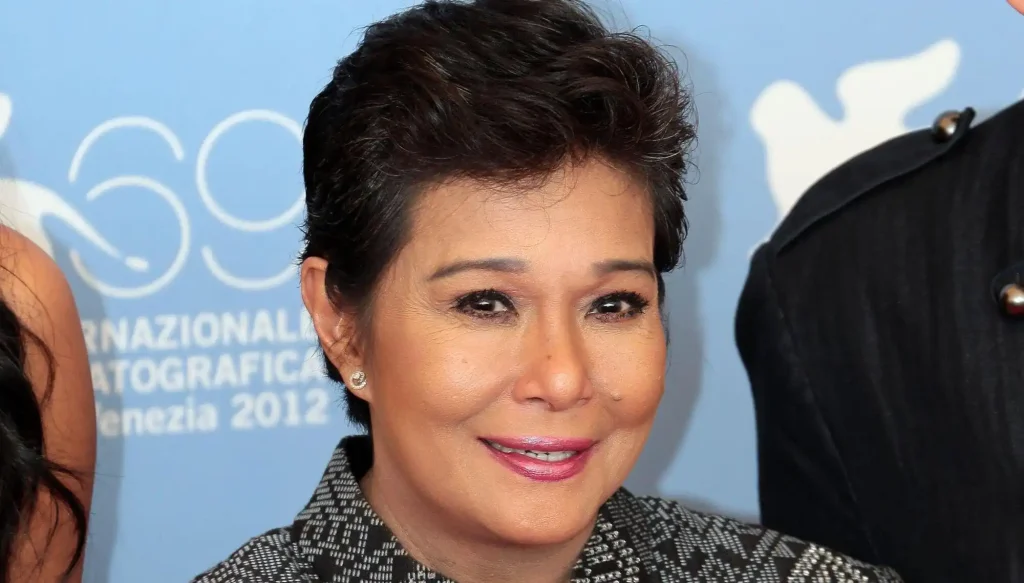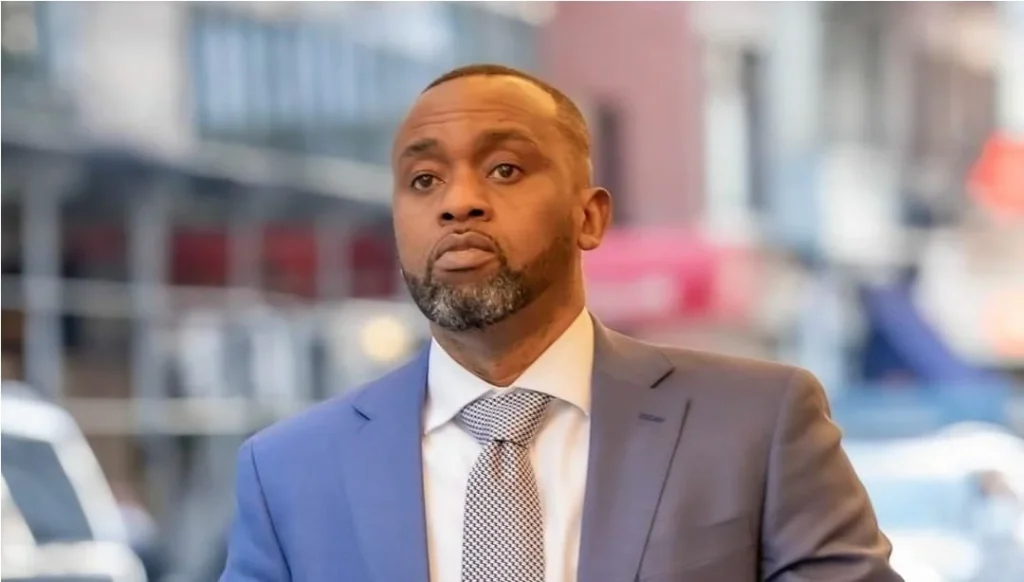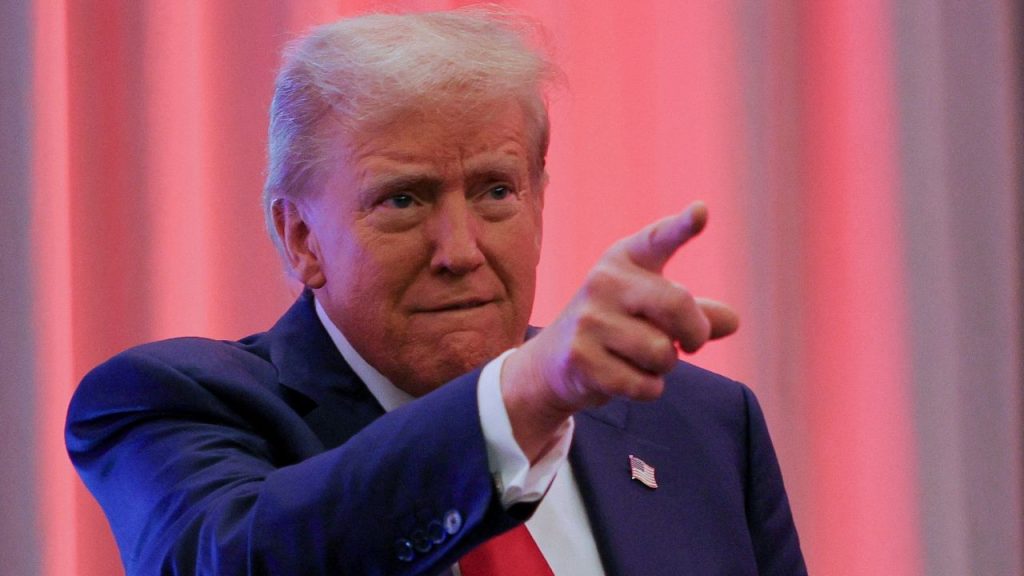A new terror group, Lukarawa, has reportedly established camps in 10 local government areas across Sokoto and Bauchi states, raising alarms about their growing presence. The group’s operations, which became public three weeks ago, have roots in villages near the Nigeria-Niger border, including Gwanaguano, Mulawa, Wassinya, and Turigaic communities.
Expansion and Activities
Sources revealed that Lukarawa infiltrated Nigeria in 2018, setting up camps in Gudu and Tangaza LGAs of Sokoto State. The group, led by individuals such as Abu Khadijah, Abdulrahaman (Idi), Dadi Gumba, and others, has been active in collecting taxes from local residents, especially cattle owners, without initially resorting to violence.
Residents described their tactics, stating, “They calculate taxes based on the number of cattle owned. They only recently resorted to violence during the Mera attack.” The group has also reportedly recruited between 1,500 and 1,800 followers, including clerics and youths, mostly in the Tangaza and Gudu areas.
Historical Roots and Influence
According to Dr. Murtala Rufa’i, a researcher at Usmanu Danfodiyo University, Sokoto, Lukarawa’s efforts to establish a caliphate date back over 25 years. The group, known in the Sahel region as Jama’atu Muslimina, has its origins in Mali. Its leader, Ahmadu Kofa, traces his lineage to the old Kebbi Empire in Nigeria.
Despite being dislodged by security forces in 2020, Lukarawa regrouped in December 2023, expanding its operations to additional LGAs in Sokoto and Kebbi States. The group has reportedly lured locals with financial aid, farming tools, and promises of better living conditions, exploiting economic hardship to gain support.
Fear Among Residents
Residents of affected areas are living in fear. The group has issued threats, warning against reporting their activities to authorities. A community leader stated, “They claim to monitor us with drones and threaten to kill anyone who reports them.”
Counter-Terrorism Efforts
The National Counter-Terrorism Centre has downplayed the group’s strength, estimating its membership at 150-200 fighters. Major General Adamu Laka, the centre’s coordinator, assured Nigerians that security agencies are working to eliminate Lukarawa’s threat. He emphasized the importance of timely intelligence and urged citizens to avoid spreading unnecessary fear.
Security Experts’ Concerns
Security experts have criticized the lack of intelligence and coordination among agencies, which they believe allowed Lukarawa to grow unchecked. Kabir Adamu, a security analyst, stated, “We should have taken note of developments in the Sahel and acted earlier to prevent this group’s incursion.”
Experts also warn that Lukarawa could form alliances with bandit groups, compounding security challenges in the region. Retired Brigadier General Bashir Adewinbi stressed the need for better border control to prevent further infiltration.
Call for Decisive Action
The government has been urged to act swiftly to uproot Lukarawa before the group gains a stronger foothold. Security agencies are advised to collaborate with local communities to gather intelligence and implement counterterrorism strategies effectively.













